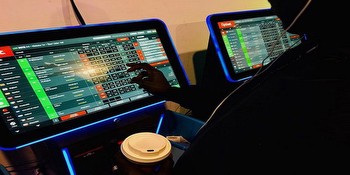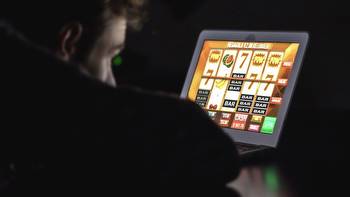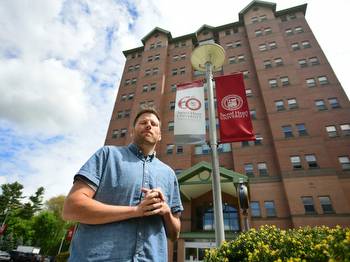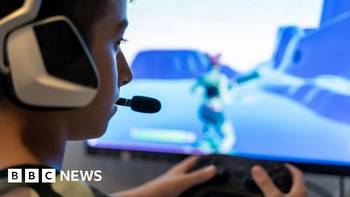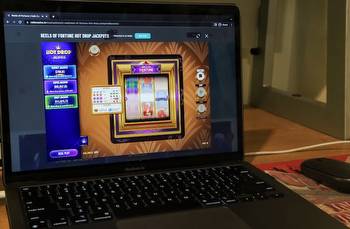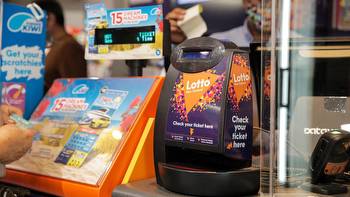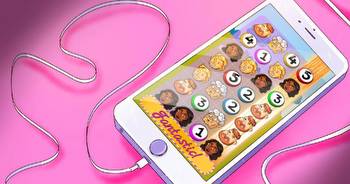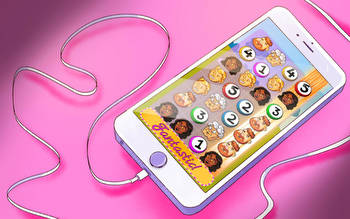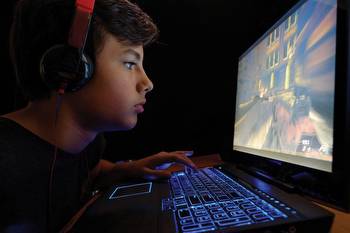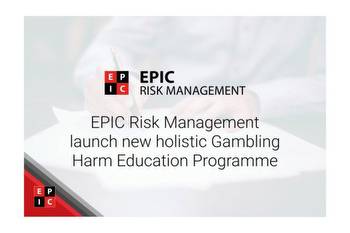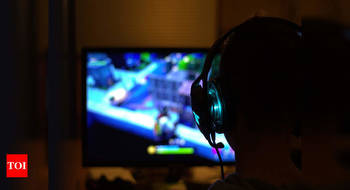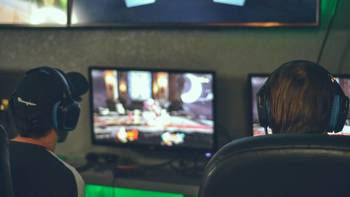Online gambling by students at New Zealand secondary schools ‘concerning’

Online gambling by students at secondary schools across New Zealand is of high concern, support services say, leading to fears of said students developing gambling addictions later in life.
School pupils are accessing offshore online gambling sites through their phones during school hours, a Herald investigation has found.
Online casino games and sports betting have become popular with students at their desks.
The Problem Gambling Foundation is “definitely concerned about this issue with high school students”.
A former student from a private school in Auckland said he started gambling online during the 2020 nationwide Covid-19 lockdown, as he was encouraged to gamble with his older brothers.
“They’d occasionally get me to put 20 bucks in with them [through] SkyCity online,” he said.
He continued to gamble through school during Year 13 when he was 18 years old - the age required for most offshore online gambling sites.
“You tend to find yourself hanging around people that are interested in the same thing.”
The former secondary school student now faces a gambling addiction and struggles financially as a current university student.
“I’ve found myself getting loans off my mates for the weekends,” he said.
A former student of a secondary school in Hawke’s Bay said when he was at school, he started betting money on overseas video game Counter-Strike: Global Offensive’s “skin” gambling website.
“There’s all sorts of weapons you can get and you can get different skins, so your guns in the game can have different patterns,” he said.
“It definitely had an influence on them gambling later on to win real-life money,” he said.
The former student said as soon as his friends turned 18, they began going to their local pub and putting money on the pokies most weeks. ”Sometimes it’ll be $100, sometimes $200.”
He said after winning a large amount of money, his friends would withdraw the cash and, instead of taking the money, “they will find somewhere else and put it back in”.
“Some nights, it could be upwards of $300.”
Introducing phone bans across all New Zealand secondary schools was a hotly debated election issue, with National vowing to ban cell phones throughout all schools.
A number of schools, including Diocesan School for Girls, Otago Boys’ High School, Ashburton College, Christchurch Girls’ High and Rotorua Intermediate, prohibit students from using phones at all times during school hours.
Problem Gambling Foundation spokesperson Andree Froude said because 18-year-old students are of the legal age to sign up to offshore gambling sites, it “exposes and normalises younger students [to] online gambling”.
Froude also said the crossover of online gaming and gambling normalises gambling for students from a young age, and offshore sites could target young people with ads through social media.
Although the advertising of gambling sites is illegal on New Zealand-based platforms, overseas websites use loopholes through international social media sites.
YouTube can be utilised in this way, such as in former Black Caps cricket captain Brendon McCullum’s brand deal with online gambling site 22Bet, which sparked controversy earlier this year.
“Regulation in this country is behind the eight-ball,” Froude said.
Currently, there are no laws to ban New Zealand citizens from accessing offshore online gambling sites. However, Kiwis are not protected by New Zealand law if they choose to gamble offshore.
The Ministry of Health’s (Manatū Hauora) most recent Strategy to Prevent and Minimise Gambling Harm said youth gambling may be less common in more deprived areas.
However, students who experience greater levels of disadvantage are more likely to worry about their gambling and be affected by higher levels of harm in comparison to people who experience less disadvantage.
Other research from 2020 into New Zealand secondary school students’ gambling found that about one in three had participated in gambling at some point in their lives.
A Norwegian study also found people who bet on gaming apps continued gambling online when they became adults and were at a high risk of problem gambling.
AUT Gambling and Addictions Research Centre Associate Professor Maria Bellringer said: “Parents have been reaching out to treatment services, worried about their child’s gaming addictions.”
“Young people are digitally savvy and can get around restrictions [through methods] such as pretending to be their parents and using their credit cards.”
“Just because we don’t have hard research in New Zealand doesn’t mean this isn’t an issue.”
From September next year, loot boxes will be banned in Australia. Bellringer believes this ban should be introduced in New Zealand.
Loot boxes are a feature in many gaming apps that, when unlocked, contain upgrades such as costumes, new characters and in-game currency.
However, they cost money, and the user does not know what upgrade they will get.
Bellringer said children buy them as “they think it’s just a few dollars” - however, it sets them up to indulge in gambling habits in the future.
Manatū Hauora’s Gambling Harm Needs Assessment 2021 also reported an increase in parents asking for support for young people who were “addicted” to gaming.
A new study released this month from Denmark shows 32,000 young people between the ages of 15 and 17 have gambled online in the past year.
It also showed young people are using skins from video games as stakes in online games.
In Denmark, the age limit for online gambling is 18. However, this has not prevented young people from accessing gambling sites.
According to the New Zealand 2020 Health and Lifestyles survey, just under half of youths aged 16-24 had gambled.
From the survey, 9000 young people were considered as moderate and high-risk gamblers out of 65,000 adults.










